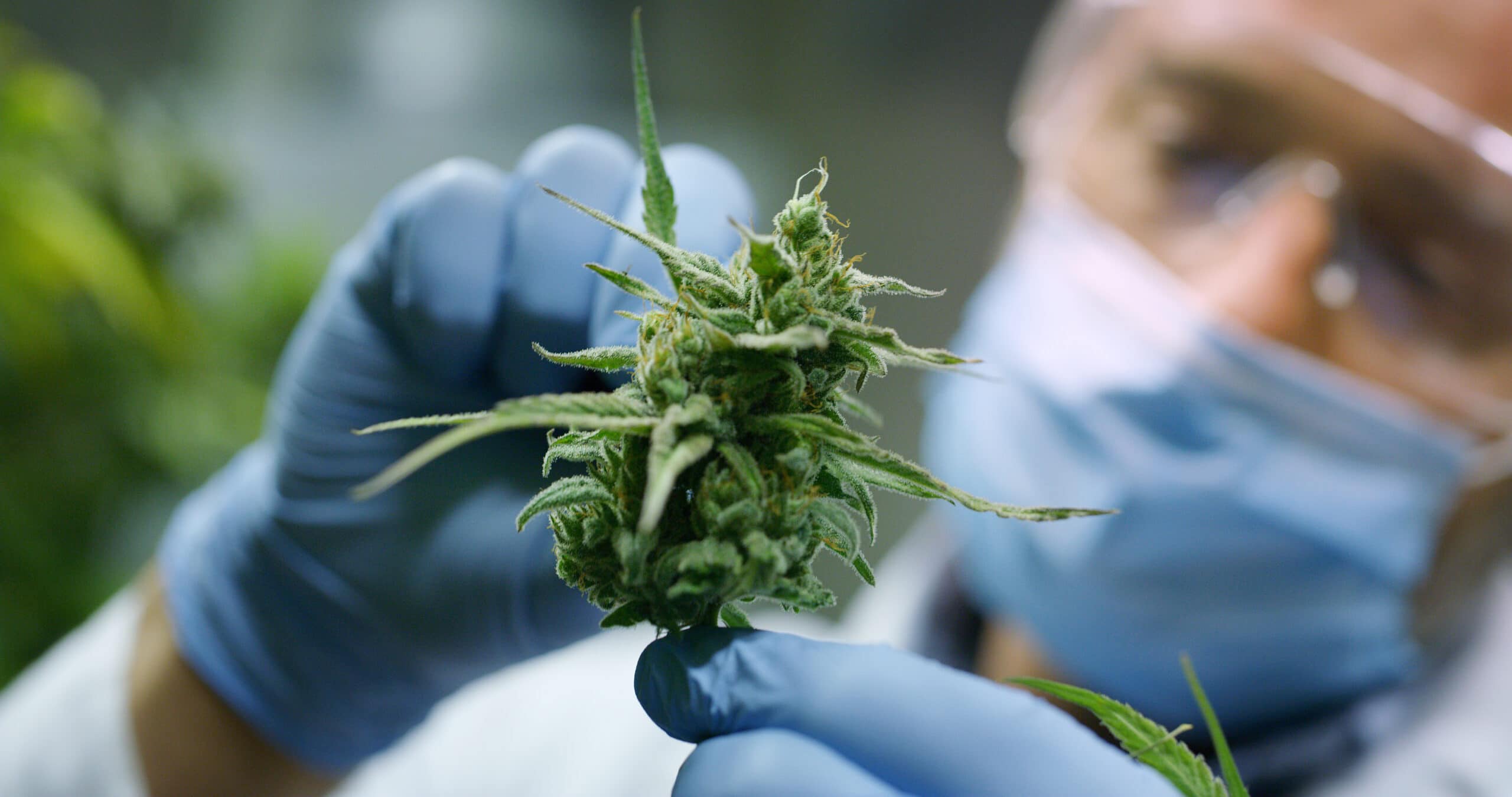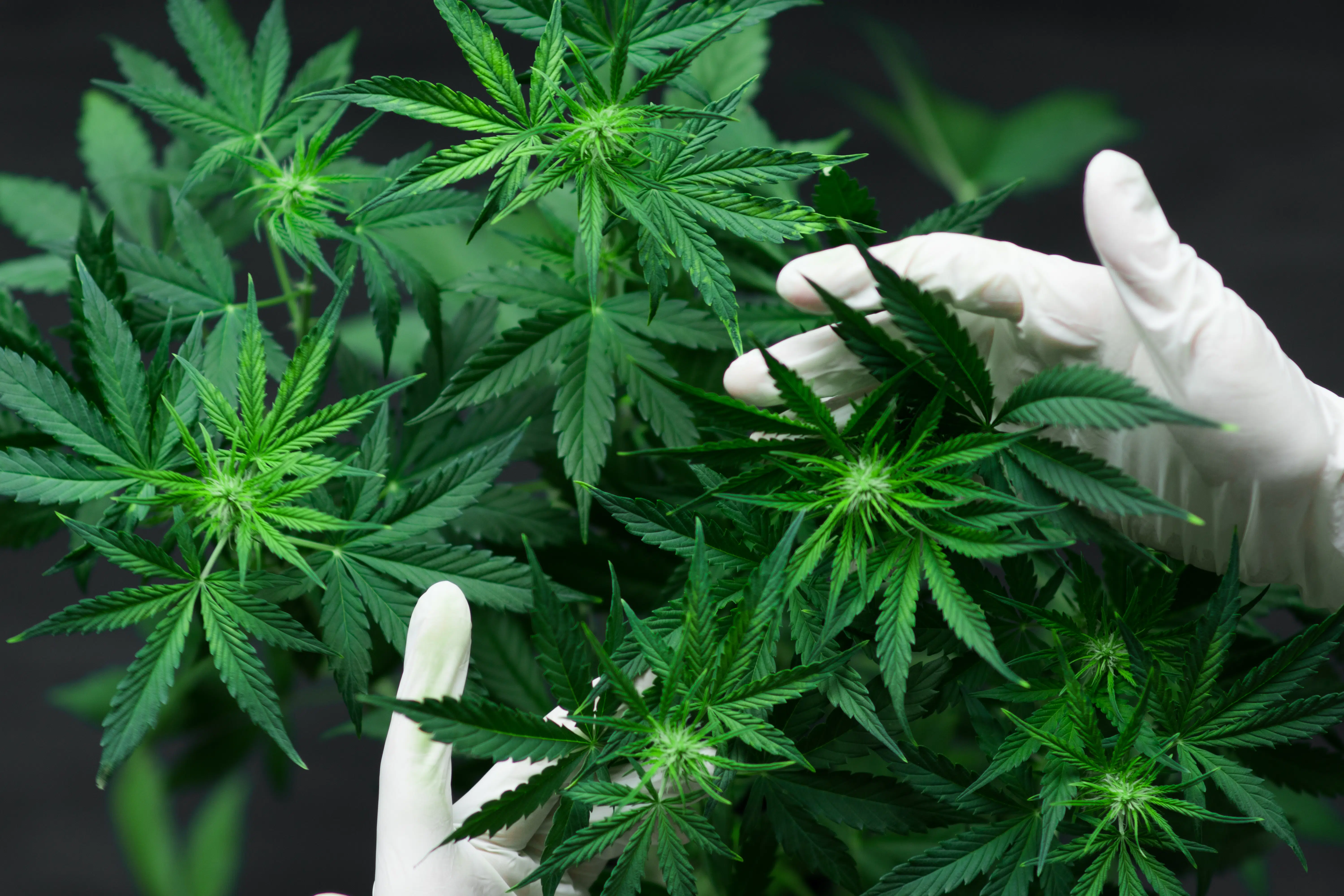Medicinal Cannabis – an introduction
One of the most important aspects of the Cannabis College is our effort to provide the public with the most accurate and up-to-date medicinal cannabis information possible. Whether this means offering international directories of medicinal activist groups or healthcare professionals for potential patients or simply offering links to scientific research, we attempt to help as many people as possible.


Recreational vs medicinal Cannabis
Medicinal use of Cannabis is very different to recreational; the consumer must not achieve an intoxicated state or what is classified as a “medical overdose” is reached. Therapeutic use is much more subtle than recreational and needs to be thoroughly researched; studies of its potential are still ongoing.
Do not self-medicate, as certain combinations of cannabinoids may actually increase your symptoms (for example, high THC varieties such as Sativa’s will keep an insomniac awake, whereas the CBD and CBN in Indica plants may help you sleep.)
A well documented topic
Besides wide support for the use of the plant for the indications described in modern literature (such as discomfort and nausea during chemotherapy and radiotherapy, arthritis, glaucoma, spasms, AIDS Wasting Syndrome and chronic pain) much more has been written about the medicinal effects of Cannabis.
Dr. Lester Grinspoon, M.D., professor at the Boston Medical School, has presented himself as a strong supporter of the medicinal use of Cannabis and has written two books dealing specifically with this, Marijuana Reconsidered and Marijuana, the Forbidden Medicine. The College relies heavily upon his research as well as that of many other groups including the British Medical Association and GW Pharmaceuticals (the latter being producers of THC-dominant Tetranabinex®, CBD-based Nabidiolex® and the almost equal mix known as Sativex®).
These drugs are known as “whole plant extracts,” whereas drugs such as Marinol® (Dronabinol) are synthesised forms of naturally-occurring cannabinoids.
A rich supply of anecdotal evidence
Dr. Grinspoon presents various examples of ailments for which Cannabis may be used as a medicine. The Cannabis College attempts to provide as much information as possible regarding relief for Crohn’s disease/IBS, ADD/ADHD, epilepsy, MS, paraplegia and tetraplegia, schizophrenia, fibromyalgia, migraine, itching, cramps during menstruation and pain during childbirth, and mental disorders such as depression and mood swings.
Grinspoons’ works also describe other cases whereby Cannabis might prove effective: Parkinson’s, chronic fatigue/ME, other causes of severe nausea, for antibacterial action, dystonia, eating disorders (including anorexia and bulimia) and action against tumours.
The fact that these cases are sometimes primarily based upon the evidence of patients and not on scientific literature does not mean that they are in any way incorrect, false or deceptive; however, an increasing amount of scientific papers scientific papers have found medicinal Cannabis to work in the treatment of certain ailments.
What ailments are scientists researching?
Research in the efficacy of medicinal Cannabis is being done in a number of conditions including:
- Alzheimer’s disease
- Appetite loss
- Cancer
- Crohn’s disease
- Diseases effecting the immune system like HIV/AIDS or Multiple Sclerosis (MS)
- Eating disorders such as anorexia
- Epilepsy
- Glaucoma
- Mental health conditions like schizophrenia and posttraumatic stress disorder (PTSD)
- Multiple sclerosis
- Muscle spasms
- Nausea
- Pain
- Seizures
- Wasting syndrome (cachexia)
“The greatest amount of evidence for the therapeutic effects of cannabis relate to its ability to reduce chronic pain, nausea and vomiting due to chemotherapy, and spasticity [tight or stiff muscles] from MS,” – Bonn-Miller.
Did you like this article?
Please consider donating to us, so we can create more content like this.
Frequently asked questions
What is medicinal Cannabis?
Medicinal cannabis is using an extract from the cannabis plant to treat medical conditions. Medicinal cannabis products can come in different forms: dried flowers or resin, concentrates and topical creams.
How does medicinal cannabis work?
Cannabis contains chemical compounds called phytocannabinoids (‘phyto’ is a Greek word meaning ‘of a plant’). These cannabinoids act on receptors in the body by mimicking naturally occurring cannabinoids (called ‘endocannabinoids’). Our endocannabinoid system affects physical processes including appetite, sleep, memory, pain and inflammation.
How do I use medicinal Cannabis?
Before starting any medicine, seek advice from your doctor on whether or not you should you use Cannabis, how much to take, how to take it.
Medicinal Cannabis can be ingested orally by vaporizing, smoking (not recommended), swallowing it and applying it to the body (in the case of a cream and/or body spray).
